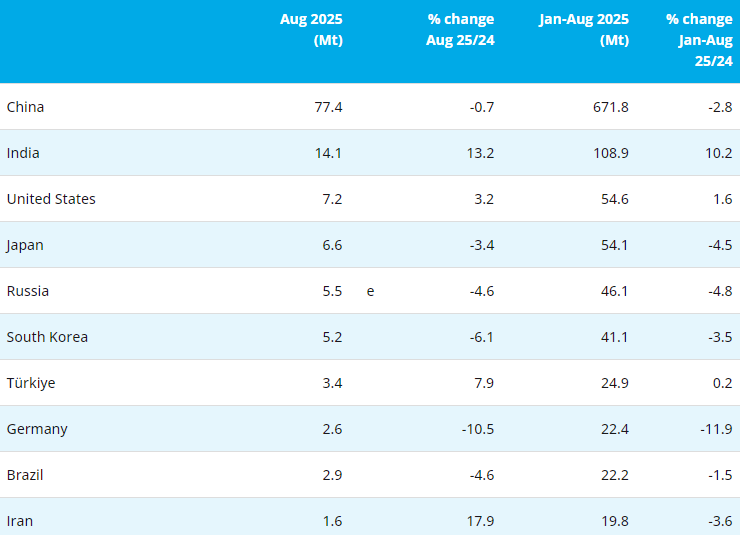(August 19, 2014 )In a trenchant piece for Trading Floor Adam Courtenay argues that with all the focus being placed on BHP's spinoff of what it now considers non-core operations, the Australian industry is losing sight of much more fundamental issues:
"Australia’s base metals mining industry – we’re talking gold, silver, copper, nickel and uranium – is suffering unnecessarily, not because the markets for them have weakened but because the appetite for their discovery has been replaced by more immediately profitable impulses or short-term cost reduction strategies.
"According to Dr Rob Hough, one of the country’s leading mineralogists, China “will still wish to zinc-coat its cars; it will need more copper for electronics and will want to buy more physical gold and all at a rate that is way beyond what we can even hope to produce now”.
"In a recent paper from the University of Western Australia’s Centre for Exploration Targeting – Where are Australia’s Mines of Tomorrow? – authors Richard Schodde and Pietro Guj estimated that about half of Australia’s non-bulk commodities resources will expire in the next seven to 18 years. They argue that if it takes seven years on average to convert a discovery into an operating mine, the industry will die without a strong pipeline of projects moving to development stage.
"Hough says the challenge for industry, research bodies, and government agencies is clear – miners have to look just a little bit deeper and scratch a little harder. Australia’s mining exploration investment has dropped from 21 per cent of global share in 1996, to 12 per cent today. By comparison Canada’s has increased from 14 percent to 18 per cent over the same period, while Africa, the Asia-Pacific region and Latin America have increased their expenditures exponentially."
- [Editor:Juan]



 Save
Save Print
Print Daily News
Daily News Research
Research Magazine
Magazine Company Database
Company Database Customized Database
Customized Database Conferences
Conferences Advertisement
Advertisement Trade
Trade















Tell Us What You Think